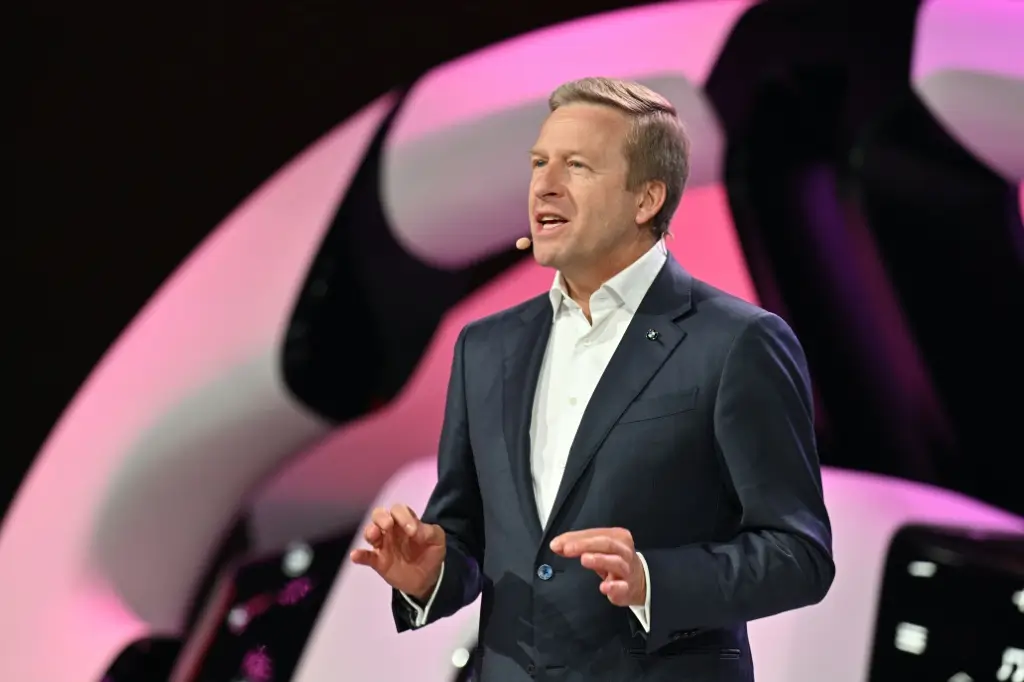
BMW CEO Oliver Zipse expects the company's latest "New Class" electric model series to turn the tide in the highly competitive Chinese automotive market. “I am convinced that with the New Class, we will grow again in China,” Zipse told the "Frankfurter Allgemeine Sonntagszeitung." The People's Republic of China is the most important market for BMW.
BMW is presenting the first "New Class" model, the iX3 SUV, on Friday ahead of the International Motor Show (IAA). More models are to follow in the coming months. According to the manufacturer, the cars have "30 percent more range" than previous models, and charging is "30 percent" faster. The "New Class" is produced in Hungary.
The "New Class" variants intended for China are "more Chinese than ever before," Zipse told the newspaper. “They contain a lot of innovations that we have developed for China together with local tech partners in China. This is exactly what Chinese customers value.” Zipse told the news portal Politico that "this car concept is preparing us" to be a "very serious competitor" in the selection competition within the global automotive industry.
BMW will sell more than 2.5 million vehicles this year, Zipse told Politico. "As of August, we are ahead of last year's figures." In the first eight months of the year, BMW has grown, particularly in Europe. The CEO called for the EU's ban on new combustion engine cars from 2035 to be withdrawn. The fleet limit target for 2035 "is a big mistake," he told Politico.
“I believe we are all doing ourselves no favors by taking an almost arbitrary point in the future and saying that all industries must align with it by then.” A better approach, he said, would be a lifecycle model. The question, he added, is "how much CO2 is emitted per vehicle, for example by the manufacturer of the batteries." This calculation would include emissions along the entire value chain, from manufacturing to use and disposal of the car.